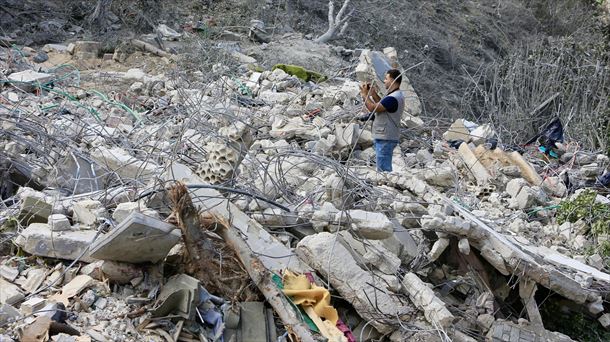Anyone who wants to donate blood from 1 September must adhere to the new regulation. From now on there will no longer be any distinction between heterosexual, bisexual and homosexual people. Instead, those who have had more than three different sexual contacts within three months are excluded.
The same goes for their partners, regardless of gender or sexual orientation. In addition, unprotected sex shortly before blood donation is becoming a temporary exclusion criterion. People who have had direct sexual contact with a person infected with hepatitis B, C or HIV are even banned from donating blood for a whole year. If you can show a negative test for these diseases, the waiting time can be shortened to three months.
tick bites and colds
In addition, potential blood donors who have recently recovered from illness, colds, tick bites or who are living abroad in tropical and malaria areas are excluded. The questionnaire has been adapted to the new regulation, for example with regard to sexual orientation, and is used nationally. Interested parties must re-enter it for each blood donation.
While the Red Cross tests each donation for all major blood-borne infectious diseases, a diagnostic time window must be observed, according to a Wednesday press release. Only after this period the results are meaningful, therefore the exclusion criteria are based on safety reasons.
Rauch: ‘Discrimination finally eliminated’
“With the announcement (early June, note) of the amended blood donation regulation, we are finally eliminating discrimination against gay and bisexual men, their partners and transgender people,” said Health Minister Johannes Rauch (Groenen). He also referred to the “stubborn, big commitment” of the LGBTIQ+ community, which has campaigned against their exclusion from blood donations for more than 20 years.
According to the Red Cross, the donation percentage can still be expanded. Of the population of donating age, 3.56 percent took part in such campaigns last year, compared to just 1.4 percent in Vienna. There were individual bottlenecks during the corona pandemic, but the national supply was never in acute danger.
Source: Krone
I am Ida Scott, a journalist and content author with a passion for uncovering the truth. I have been writing professionally for Today Times Live since 2020 and specialize in political news. My career began when I was just 17; I had already developed a knack for research and an eye for detail which made me stand out from my peers.



